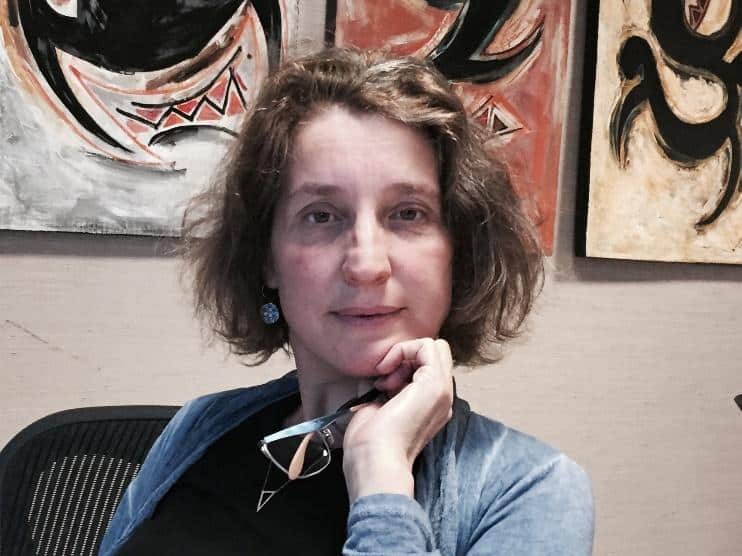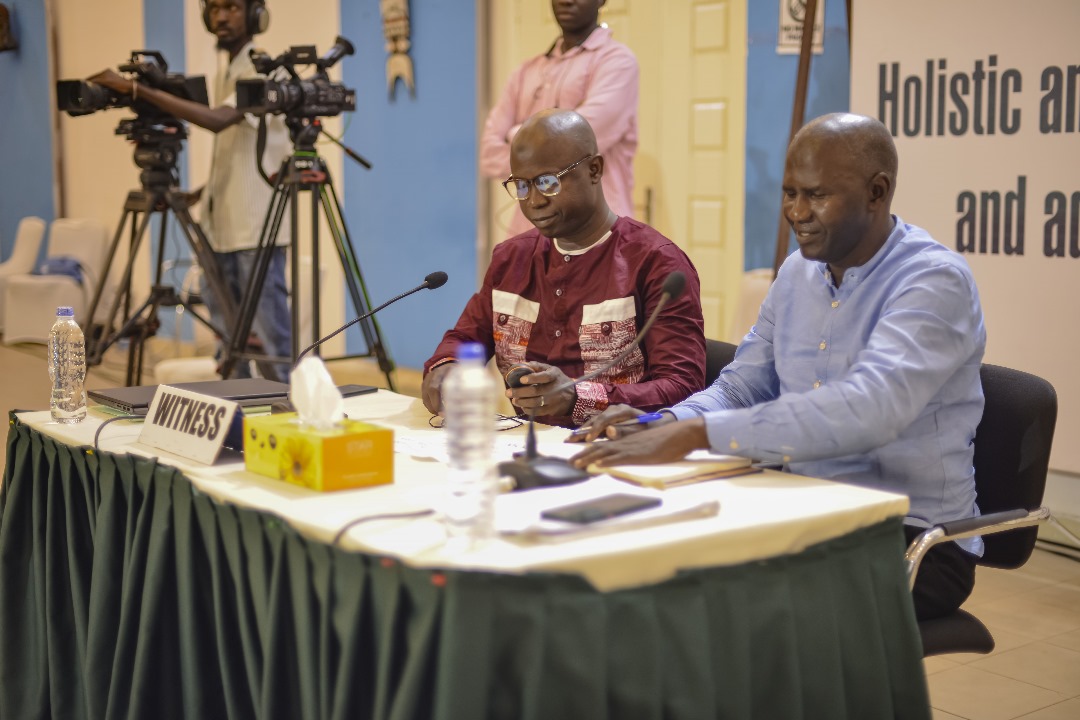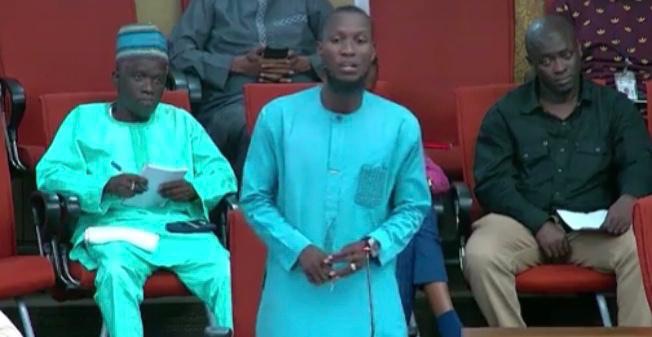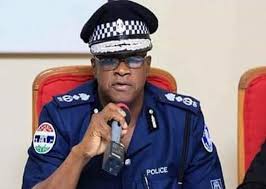By Adama Makasuba
World Bank has approved a tune of $43 million grant extracted from the International Development Association (IDA) for The Gambia’s electricity restoration and modernisation project (GERMP).
“The additional financing was made available through reallocation of IDA18 balance, thus augmenting the Banks initial funding envelope for The Gambia by 20 percent.
“The people of The Gambia face many challenges in terms of access to electricity and water. Nearly 50% have still no access to electricity, and in urban areas, about 69 percent of the population has access to safe drinking water,” World Bank said in a statement.
“This support will build on the ongoing efforts of the government to strengthen the electricity and water sectors, and further boost the national response to the Covid-19 pandemic through communications and targeted investments including hand washing facilities in the Greater Banjul Area,” Elene Imnadze, World Bank resident representative said.
World Bank’s task team leader and senior energy specialist, Chris Trimble said: “This additional grant comes at an important moment in the reform process underway. We have already seen significant improvements in NAWEC’s performance. Additional resources will help to solidify these gains.”
“Further, the quality of services is weak due to frequent service outages, with some neighborhoods not receiving water for days, weeks or even months at a time. While the National Water and Electricity Company (NAWEC) has made significant improvements in its operational and financial performance in recent years, the utility has yet to achieve financial viability. Customers still face erratic supply of water and electricity, which have been exacerbated by the Covid-19 pandemic.
“The additional financing will further strengthen NAWEC’s transmission and distribution network, provide additional support to transform NAWEC into an efficient and credit-worthy utility, and expand the scope of the project to the water sector. Specifically, more than 1.6 million people will have gained or improved access to electricity; 17 km of transmission lines will be constructed or rehabilitated; 20 grid-connected photovoltaic system with storage will be installed; 20,000 water meters will be installed or replaced; and three water storage tanks will be repaired,” the statement added.
The World Bank’s International Development Association (IDA), established in 1960 helps the world’s poorest countries by providing grants and low to zero-interest loans for projects and programs that boost economic growth, reduce poverty, and improve poor people’s lives. IDA is one of the largest sources of assistance for the world’s 76 poorest countries, 39 of which are in Africa. Resources from IDA bring positive change to the 1.6 billion people who live in IDA countries. Since 1960, IDA has supported development work in 113 countries. Annual commitments have averaged about $21 billion over the last three years, with about 61 percent going to Africa.





